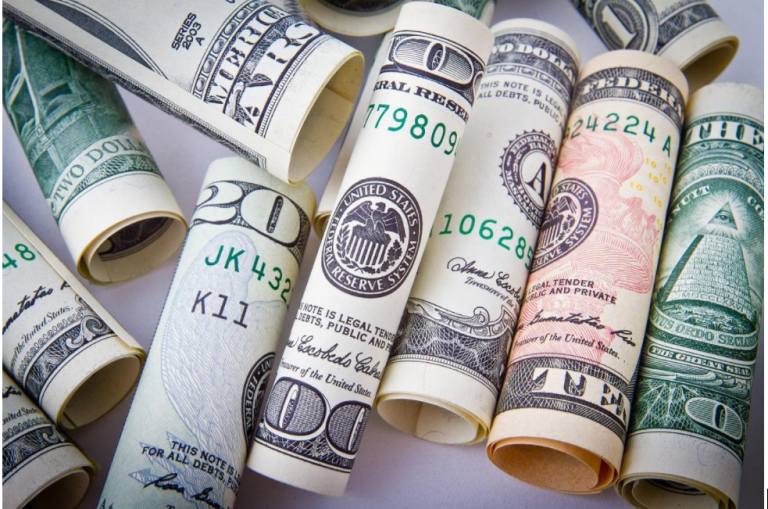In an age of rolling SIM deals, a growing number of mobile phone users are upgrading their handsets whenever they choose. This is borne out by statistics, which reveal that 51% of consumers upgrade their handset whenever they discover a new phone that they like, while just 30% continue to change their mobile at the end of a traditional, two-year contract.
Apple have also recognised this subtle change in consumer behaviour, by creating deals that enable users to upgrade their handsets after one year if they wish.
In this post, we’ll look at the evolving rules surrounding smartphone upgrades, and ask when you should consider changing your handset.
Smartphone Upgrades and Changing Attitudes from Across the Globe
Not only are customers upgrading more frequently in the UK thanks to the wider diversity of contracts that now exist, but we’re also seeing different trends emerge around the world.
According to finder.com.au, for example, Australians replace their handsets every three years on average, which perhaps reflect the premium nature of smartphones in the modern age.
This also suggests that Aussies make decisions based on the performance of their existing phones, rather than accepting the popular misconception that upgrading offers them access to a free handset (even though the cost of this is built into the contract).
Additionally, it’s also fair to surmise that upgrade trends have been influenced by the recent proliferation of the smartphone market. With Samsung and Apple launching new handsets every spring and autumn respectively (alongside regular updates to Android and iOS platforms); customers are more inclined to upgrade their phones on an annual basis.
Choosing When to Upgrade your Handset
While it’s now possible or tempting to upgrade your handset more frequently, however, you should think carefully before making your final decision.
Firstly, you should look at the quality of your existing handset. Pay particular attention to the phone’s processing speeds and the longevity of its battery, as they tend to offer an excellent indication of the handset’s overall health. If these performance indicators continue to decline over time and begin to impact on your usage, it may be time to consider upgrading.
Then we come to your contractual status, which will determine whether or not upgrading your handset proves to be cost-effective. This is particularly true if you’re tied to a two-year deal, as it’s impossible to terminate this or upgrade without first buying out the value of your remaining contract.
Fortunately, websites such as the fonehouse offer access to extremely competitive and real-time deals, which provide generous tariffs, low monthly repayments and even cashback in some instances. These deals even apply to premium phones such as iPhone X, so it’s possible to achieve a heavily discounted contract without compromising on your choice of handset.
Depending on the value that remains in your existing contract and the savings that you can access through a new deal, it may actually prove cost-effective to trigger a buy-out and upgrade ahead of schedule.
These are the two most important considerations when choosing whether or not to upgrade your handset, and focusing on them can enable you to make an informed decision. Just remember to approach the market with an open mind, and measure the cost of upgrading against your existing circumstances.















 Bitcoin
Bitcoin  Ethereum
Ethereum  Tether
Tether  XRP
XRP  USDC
USDC  TRON
TRON  Lido Staked Ether
Lido Staked Ether  Cardano
Cardano  Avalanche
Avalanche  Toncoin
Toncoin  Wrapped SOL
Wrapped SOL